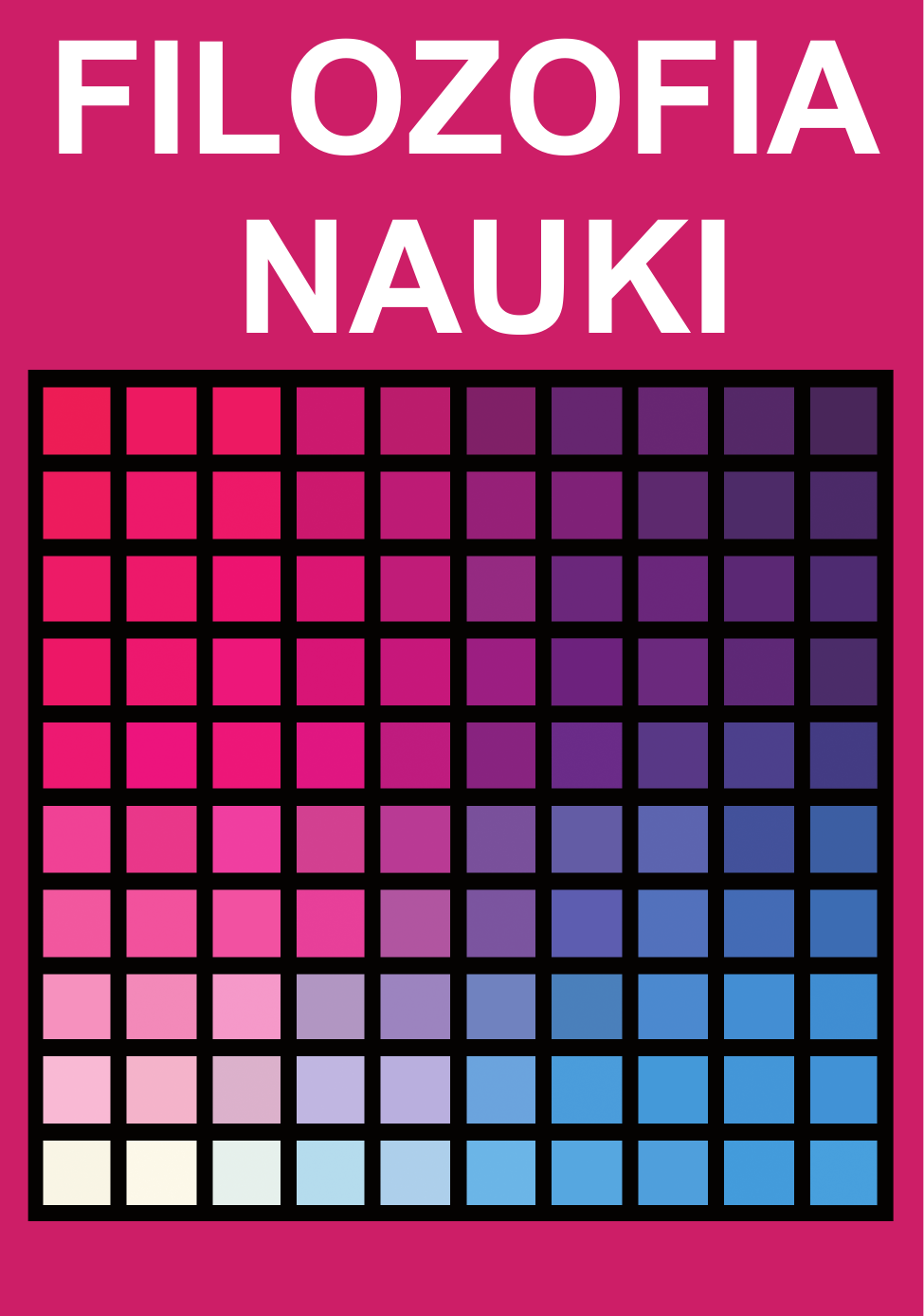Analiza opozycji idealizm-realizm
Abstrakt
The paper is intended to discuss main semantic presuppositions of language, being of service to express the philosophical problem of idealism/realism in its various versions. At the beginning, the author shows that the terms „idealism” and „realism” are polysemic. The fact of this polysemy makes impossible to construct precise definitions of both the opposed notions. Then there are characterized four types of reasonings, constituting the ground for formulating the question of idealism/realism. It appears that in order to discuss the problem idealism/realism, we must have at our disposal a specific metalanguage. The author reconstructs main semantic presuppositions of this metalanguage: these presuppositions constitute the so-called „possible-world” semantic schema. The general thesis of the papers goes like this: a language for expressing philosophical discours, concerning the question of idealism/realism, is a bearer of semantic presuppositions, stating the existence of possible worlds, mutually connected with the aid of various relations.















 Filozofia Nauki | ISSN 1230-6894 | e-ISSN 2657-5868
Filozofia Nauki | ISSN 1230-6894 | e-ISSN 2657-5868